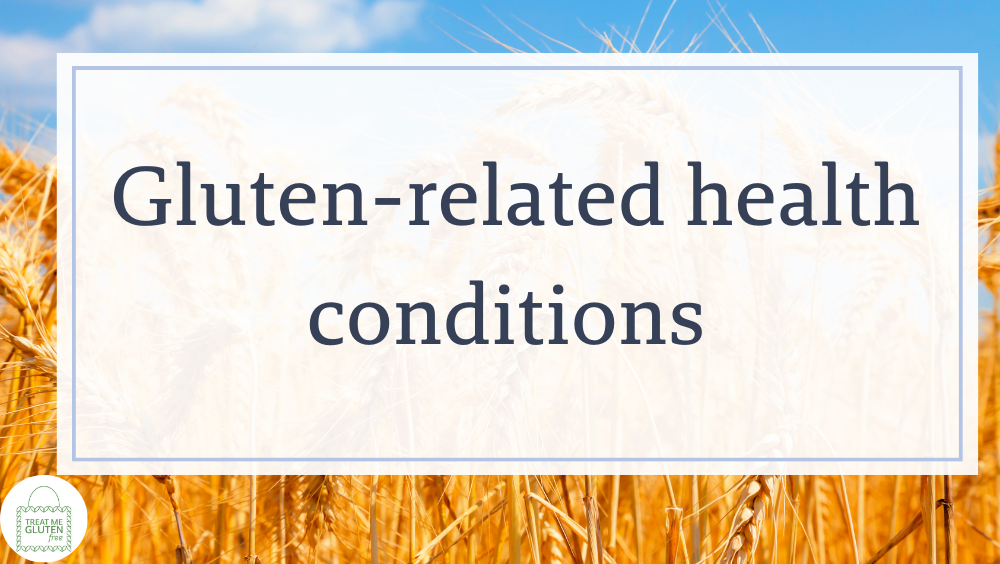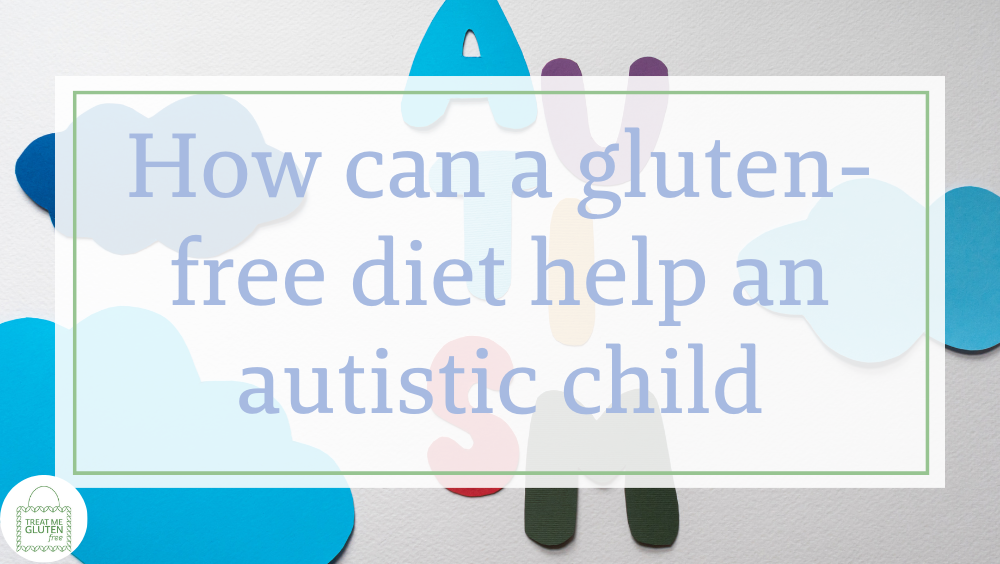Gluten-related health conditions mainly revolve around the body’s reaction to gluten and range from mild to severe. Here are some of the most common health conditions associated with gluten:
Celiac disease
Description: An immune disorder in which eating gluten damages the small intestine.
Symptoms: digestive problems (bloating, diarrhea, constipation), fatigue, skin rash, weight loss, nutrient deficiencies.
Long-term effects: Increased risk of malnutrition, osteoporosis, infertility, nerve conditions.
Gluten Intolerance
Description: A condition in which individuals experience symptoms similar to those associated with celiac disease but without the damage to the intestines.
Symptoms: bloating, abdominal pain, fatigue, headache, brain fog, joint pain, skin problems.
Diagnosis: Rule out celiac disease and wheat allergy, and improve with a gluten-free diet.
Wheat allergy
Description: An immune reaction to proteins found in wheat, including gluten.
Symptoms: skin rash (eczema, urticaria), digestive problems, difficulty breathing (in severe cases).
Diagnosis: allergy skin test, blood test, exclusion diet.
Read more about the differences HERE
Dermatitis herpetiformis (DH)
Description: This condition appears on the skin and is one of the skin complications of celiac disease, characterized by an itchy rash.
Symptoms: rash on elbow, knee, buttocks, back, scalp severe itching, blisters.
Diagnosis: Skin texture examination, often done in conjunction with a diagnosis of celiac disease.
Gluten deficiency
Description: A neurological condition triggered by eating gluten, affecting the brain and nervous system.
Symptoms: poor muscle coordination, difficulty walking, tremors, headache, deterioration in mental abilities.
Diagnosis: Blood tests, neurological examinations, response to a gluten-free diet.
Irritable bowel syndrome (IBS)
Description: A common disorder that affects the large intestine, which gets worse if you eat certain foods, including gluten.
Symptoms: abdominal pain, bloating, diarrhea, constipation, gas.
Management: Some individuals with irritable bowel syndrome find relief from symptoms by following a low-FODMAP diet, which restricts the consumption of foods containing gluten and sugar.
Immune diseases (associated with celiac disease)
Description: Celiac disease is associated with several immune conditions due to shared genetic factors.
Examples: type 1 diabetes, Hashimoto’s thyroiditis, rheumatoid arthritis, lupus erythematosus.
Connection: Individuals with celiac disease have a higher risk of developing these autoimmune diseases.
Other cases are under study
Autism Spectrum Disorder: Some studies indicate a possible link between gluten consumption and symptoms of autism spectrum disorder, but more research is needed.
Depression and anxiety: Gluten sensitivity may contribute to mental health problems in some individuals, although the mechanisms are not fully understood.
It is important to note that if someone suspects a health condition associated with gluten, they should consult with a healthcare provider to obtain a correct diagnosis and appropriate treatment. Treatment often involves adopting a strict gluten-free diet, which can lead to significant improvement in symptoms and overall health.









